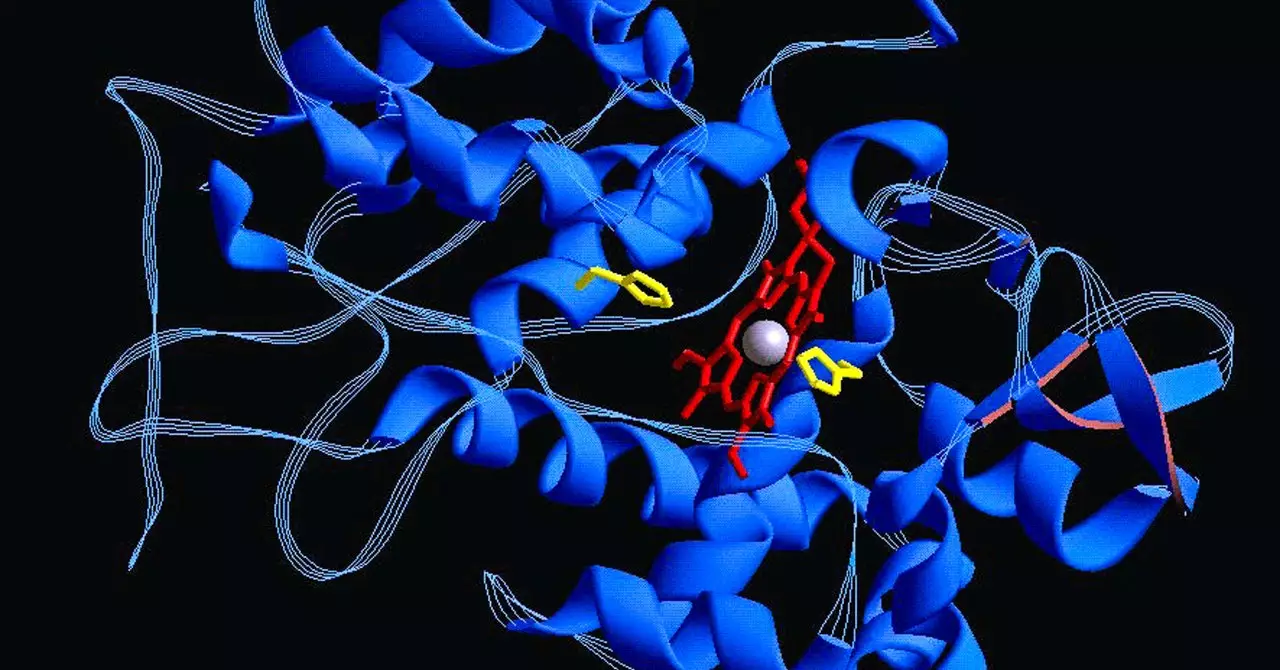As artificial intelligence (AI) continues to reshape industries, the recent recognition of AI researchers by prestigious awards, such as the Nobel Prize, has sparked excitement and speculation within the scientific community. However, this surge of attention may inadvertently lead researchers to prioritize the methodologies involved over the scientific principles that underpin their work. This concern, articulated by experts like Hodgkinson and Togelius, emphasizes that while accolades can stimulate interest and drive research, they also risk homogenizing approaches within a field ripe for innovation.
The phenomenon of increased attention often results in a rush to publish rather than a commitment to genuine advancement in the understanding of complex systems. This pattern has been observed in the past with other technologies that experienced explosive growth in publication rates following significant breakthroughs. For instance, the discovery of graphene led to an overwhelming surge of academic outputs that, while impressive in volume, yielded limited practical applications. Hodgkinson warns that the immediate allure of AI-driven techniques might distract from a thorough investigation into their true scientific merits, which can stifle originality and deeper inquiry.
Hodgkinson highlights an important historical trend: the hype cycle. This reflects how emerging technologies often attract a flurry of attention followed by an inevitable decline in interest. The case of graphene is particularly illustrative. After its Nobel Prize recognition, academic papers mentioning the material skyrocketed, yet many of these contributions offered little more than reiterations of existing knowledge, rather than groundbreaking insights. Similar patterns have emerged within AI research, where the media’s focus on chatbots and generative models may overshadow the fundamental challenges that still need addressing.
This dynamic creates a perilous environment in academia, where the sheer volume of publications may supersede their quality. The tendency for researchers to chase current trends—often seen as the “path of least resistance”—can lead to a homogenization of thought and an environment that stunts the growth of original theories. While leveraging established algorithms can yield incremental updates to existing models, true innovation often demands a more rigorous and contemplative approach to research.
The competitive nature of academic funding further complicates this issue. As researchers vie for limited resources, those working on trendy topics may find themselves in a more favorable position for obtaining grants and awards. This creates a feedback loop: with AI garnering extensive media coverage and high-profile accolades, new talent may increasingly feel pressured to pursue projects that align with the latest trends rather than explore uncharted territories that may necessitate a longer-term commitment to inquiry.
Julian Togelius points out that the focus on easier, incremental advancements in AI, while understandable, risks sidelining essential foundational research. The demands for high-impact results can discourage deep analytical work that challenges existing paradigms. By favoring simulations that validate existing theories, researchers may inadvertently contribute to a stagnant landscape that is resistant to transformative change.
Going forward, it is vital that the academic community remains vigilant against the perils associated with the current trend of AI glorification. Engaging with compelling yet rigorous inquiry should become the priority over the lure of superficial success or quick acknowledgments. This approach requires a recalibration of the academic culture to emphasize critical thinking, interdisciplinary connections, and the courage to ask difficult questions.
Ultimately, while AI holds transformative potential, the approach to its research must evolve. By embracing the complexities of the scientific process and permitting room for genuine exploration, researchers can ensure that their contributions lead not only to significant advancements in AI but also to holistic breakthroughs across various fields. The challenge lies not just in the pursuit of accolades but in committing to the fundamental tenets of science: curiosity, rigorous investigation, and the willingness to falter as new knowledge is unveiled.

